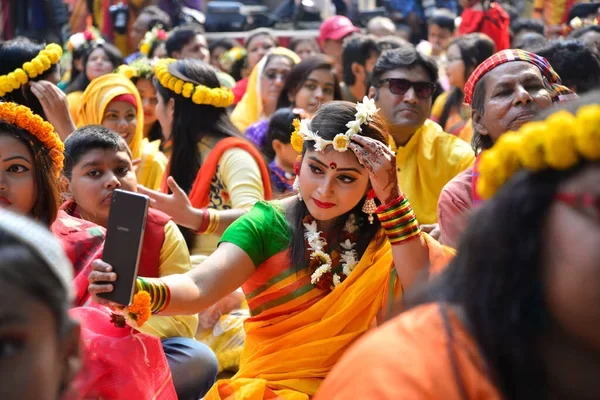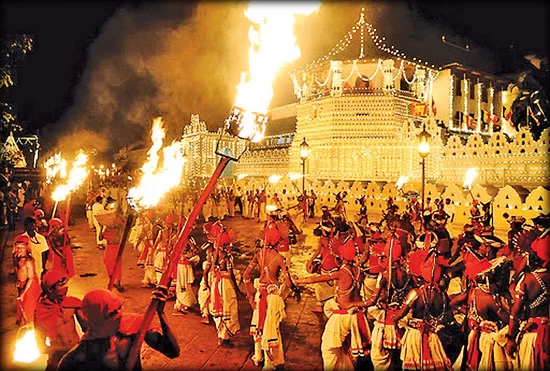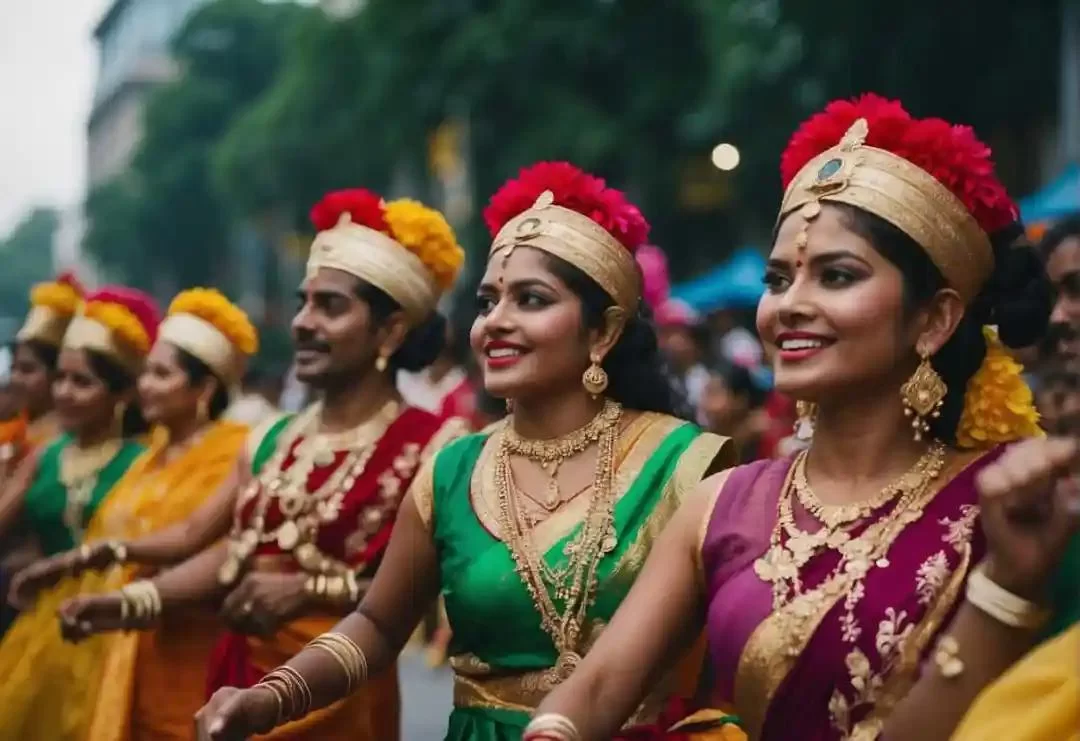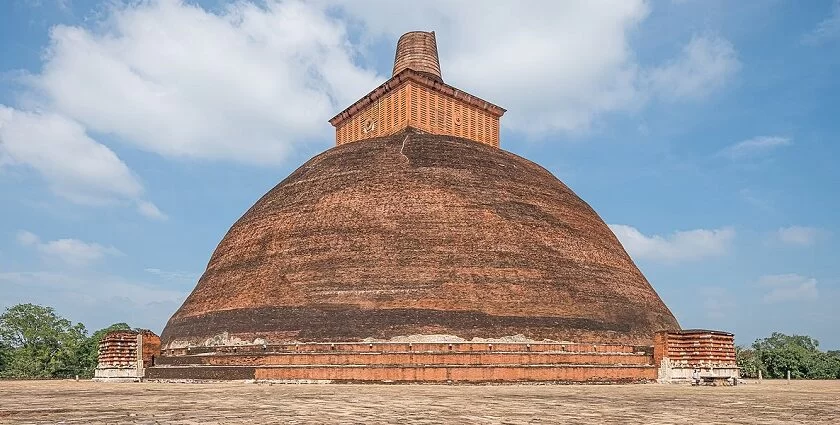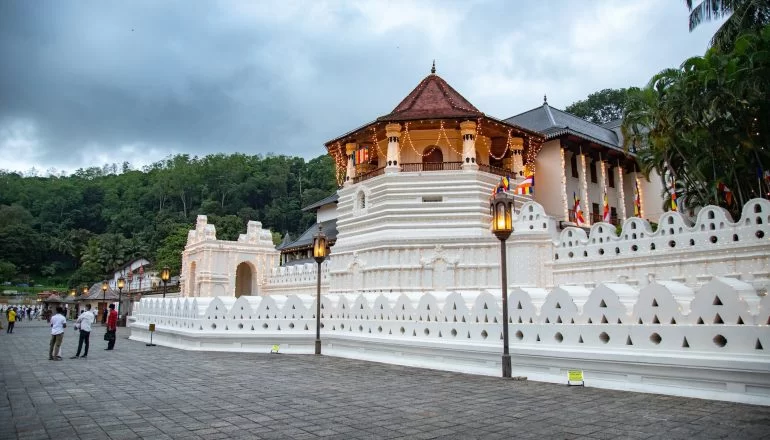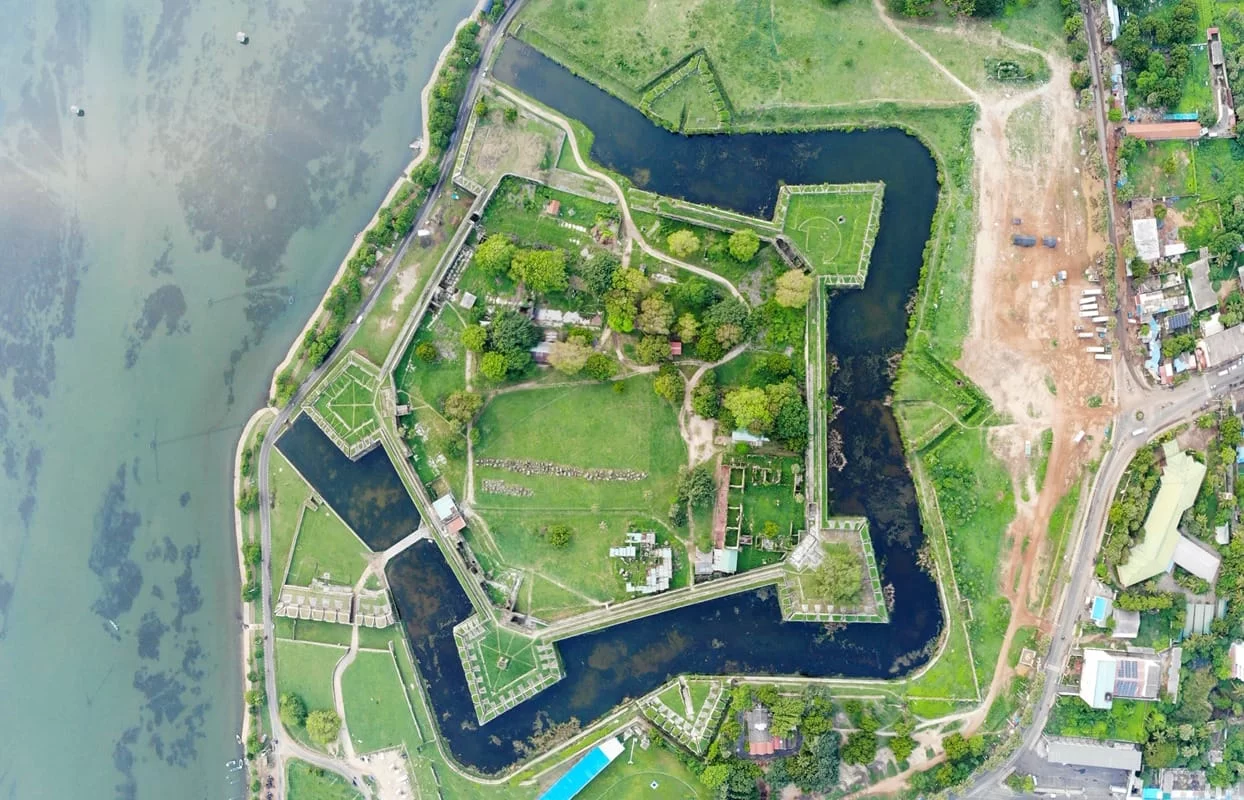Exploring Tamil Festivals in Sri Lanka: A Celebration of Culture and Tradition
- 1. An Overview of Tamil Festivals in Sri Lanka
- 2. Tamil New Year (Puthandu)
- 3. Pongal Festival: The Harvest Celebration
- 4. Thaipusam: Honoring Lord Murugan
- 5. Tamil Temple Festivals in Sri Lanka
- 6. Tips for Experiencing Tamil Festivals in Sri Lanka
1. An Overview of Tamil Festivals in Sri Lanka
Sri Lanka is a cultural melting pot, home to various ethnic groups and religious traditions. Among the most vibrant and deeply rooted are the Tamil festivals. Celebrated predominantly by the Tamil community in the northern and eastern parts of Sri Lanka, these festivals are a rich tapestry of religious devotion, cultural pride, and joyous celebration. Tamil festivals in Sri Lanka are marked by colorful processions, elaborate rituals, and communal gatherings that reflect the deep spiritual and cultural traditions of the Tamil people.
These festivals not only celebrate the Tamil religious calendar but also provide a unique insight into the daily lives and beliefs of Sri Lanka’s Tamil population. Whether you’re visiting during the Tamil New Year or experiencing the grandeur of Thaipusam, each festival offers an unforgettable glimpse into the heart of Tamil culture.
2. Tamil New Year (Puthandu)
The Tamil New Year, known as Puthandu, is one of the most important festivals for Sri Lanka’s Tamil community. Celebrated in mid-April, it marks the start of the solar calendar and is a time for family gatherings, feasts, and religious rituals. Puthandu is a day filled with joy, as families clean their homes, prepare special foods, and exchange wishes for a prosperous year ahead.
Rituals and Celebrations
On Puthandu, it is customary for Tamils to perform a ritual known as the "Puthuvarudam" or "New Year Ritual." This involves offering prayers to Lord Ganesha and other deities to seek blessings for the coming year. In Jaffna and other Tamil-majority areas of Sri Lanka, streets are adorned with colorful kolams (decorative patterns made with rice flour) and vibrant floral displays. Traditional foods, such as the sweet and tangy "Puthandu" rice, are prepared and shared among family and friends.
If you are in Sri Lanka during this period, you’ll be immersed in a festive atmosphere. Expect to see cultural performances, folk dances, and music, especially in the Tamil districts like Jaffna and Trincomalee.
3. Pongal Festival: The Harvest Celebration
Pongal is another major Tamil festival celebrated in Sri Lanka, particularly by agricultural communities. Held in January, Pongal is a thanksgiving festival for a bountiful harvest and a time to honor the Sun God. The festival spans four days, each dedicated to different rituals associated with harvest and nature.
Key Traditions
The main tradition of Pongal is the preparation of the "Pongal" dish, a mixture of newly harvested rice cooked with milk and jaggery, which is offered to the Sun God. Families decorate their homes with kolams and new clothes, while temples hold special prayers. The streets are alive with festivities, as people take part in folk dances like "Kolattam" and "Karagattam" and engage in games such as "Uriyadi" (pot breaking).
Pongal in Jaffna and Trincomalee
Jaffna, the cultural heart of the Tamil community in Sri Lanka, becomes a focal point for Pongal celebrations. It’s a great place to witness the traditions in their most authentic form, from the vibrant temple ceremonies to the joyous street parades. Visitors to the region can also experience the special Pongal dishes and enjoy the warm hospitality of Tamil families.
4. Thaipusam: Honoring Lord Murugan
Thaipusam is one of the most visually striking Tamil festivals in Sri Lanka, dedicated to Lord Murugan, the Hindu god of war and victory. This festival takes place in January or February, depending on the lunar calendar, and is celebrated with great fervor, particularly in the Jaffna Peninsula and Colombo.
Festivities and Processions
The highlight of Thaipusam is the grand procession held at temples, especially the Nallur Kandaswamy Kovil in Jaffna. Devotees engage in acts of devotion, including carrying kavadi (decorated wooden structures) as offerings to Lord Murugan. Some devotees also undergo the practice of piercing their skin or carrying milk pots as a sign of penance and devotion.
A Unique Experience
Experiencing Thaipusam in Jaffna is a once-in-a-lifetime opportunity. The vibrant colors of the processions, the sounds of traditional music, and the intense spiritual energy create a powerful atmosphere that will stay with you long after the festival is over. Visitors can also take part in temple rituals and witness the deep sense of community and devotion that defines this festival.
5. Tamil Temple Festivals in Sri Lanka
In addition to the major festivals, Sri Lanka’s Tamil temples host numerous smaller but equally important religious celebrations throughout the year. These temple festivals are characterized by rituals, music, dancing, and communal feasts.
Nallur Kandaswamy Kovil
The Nallur Kandaswamy Kovil in Jaffna is one of the most famous Tamil temples in Sri Lanka. It hosts a range of festivals, including the annual temple festival, where thousands of devotees gather to offer prayers and take part in the vibrant processions. The temple itself is a beautiful example of Tamil Dravidian architecture, adorned with intricate carvings and colorful sculptures.
Other Notable Temples
Other temples, such as the Koneswaram Temple in Trincomalee and the Munneswaram Temple near Chilaw, also host grand festivals that showcase Tamil traditions and religious practices. These temples are not just places of worship, but also cultural landmarks where the Tamil community comes together to celebrate their heritage.
6. Tips for Experiencing Tamil Festivals in Sri Lanka
To make the most of your visit during Tamil festivals, consider these tips:
- Check Festival Dates: Tamil festivals are based on the lunar and solar calendars, so dates may vary from year to year. It’s best to check ahead of time to ensure you don’t miss out on any celebrations.
- Respect Local Traditions: Many Tamil festivals involve religious rituals and ceremonies. Visitors should dress modestly, especially when attending temple events, and follow local customs with respect.
- Engage with Locals: Festivals are community-centered events, and locals are often eager to share their traditions with visitors. Don’t hesitate to ask questions or join in the celebrations!
Are you ready to immerse yourself in the rich Tamil culture and traditions of Sri Lanka? Plan your visit during one of the vibrant Tamil festivals, and get ready for an unforgettable cultural experience. For more information or to book your trip, visit Tamil Travel Lanka and let us guide you through Sri Lanka's Tamil heritage.

